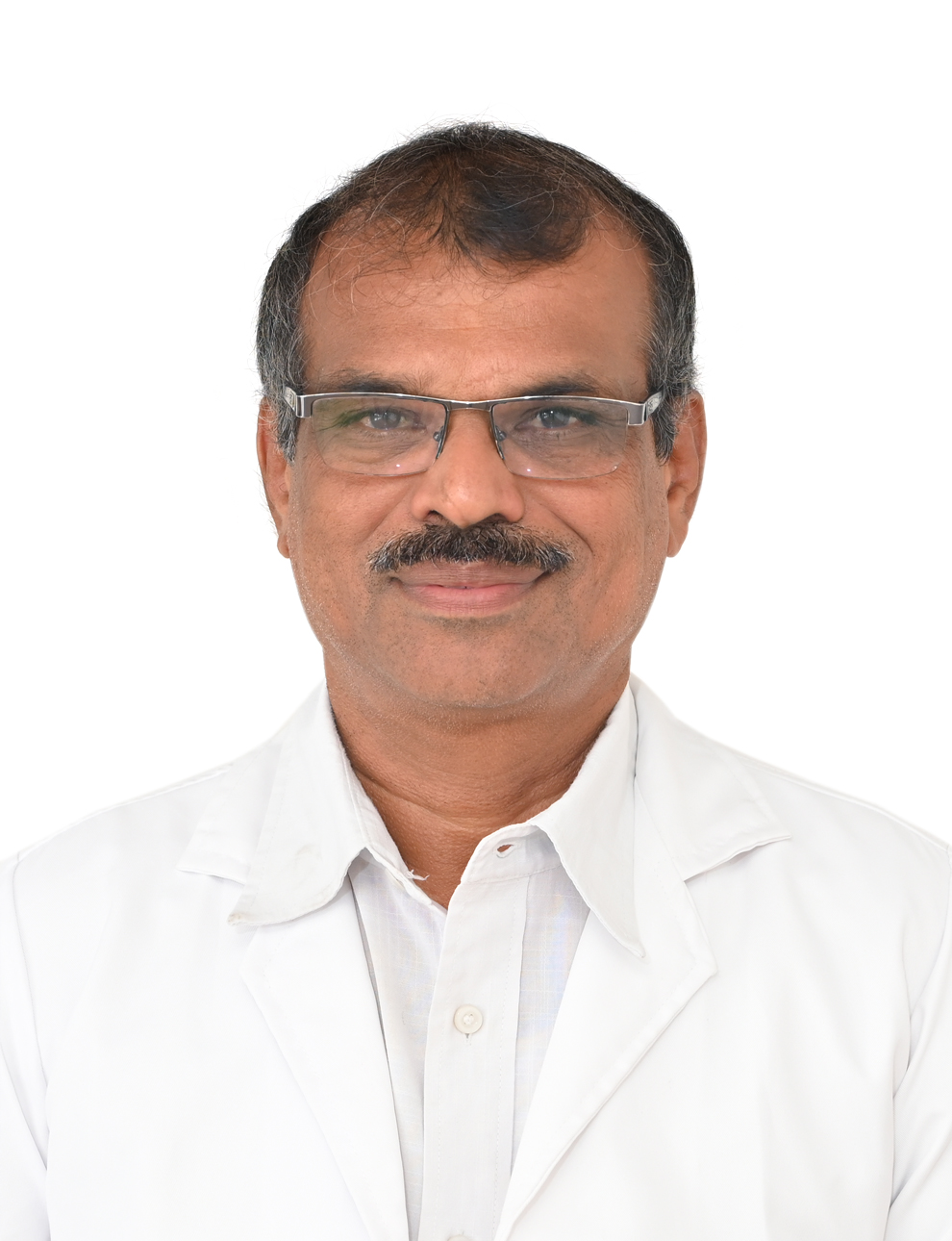Physiology

Dr. Damodar D
(in-charge HOD)
M.Sc. (Medical Physiology), PhD. (Physiology)
General Information
Physiology is the scientific discipline dedicated to the comprehensive study of the functioning of living organisms. It delves into the intricate mechanisms and processes that facilitate life in an organism, focusing on how different organ systems work in unison to support complex life processes. Physiologists, the professionals trained in this discipline, have a crucial role in piecing together the grand puzzle of life by understanding how each organ contributes to the overall functioning of the organism.
For instance, consider the human body. Every process that maintains our vitality, from the digestion of food to the contraction of our muscles, is under the purview of physiology. The digestive system, comprising the stomach, liver, and pancreas, orchestrates a complex interplay of enzymes, hormones, and other biochemicals to break down food and absorb nutrients. Muscle contraction, a fundamental part of our movement and physical activity, is a result of meticulously coordinated chemical messages transmitted by the nerves innervating those muscles.
By unearthing the detailed processes of how the body operates under normal circumstances, physiologists and physicians can garner a profound understanding of what happens when things go wrong, when the typical functioning of organs is disrupted. The knowledge and insights derived from physiological studies have been instrumental in revolutionizing medical treatments and therapies.
Consider the example of the thyroid gland. A profound understanding of its physiology, its role in regulating metabolism through the secretion of hormones, has been paramount in developing effective treatments for thyroid-related disorders, such as goitre. Moreover, extensive studies of the circulatory and nervous systems have not only expanded our knowledge about these complex networks but have also paved the way for advanced medical interventions. Insights from these studies have been crucial in the understanding, diagnosis, and treatment of a variety of illnesses like heart disease, stroke, and high blood pressure.
In a nutshell, physiology provides a window into the intricate workings of life. Through this window, researchers and physicians can investigate, understand, and ultimately intervene in the multitude of processes that maintain health and contribute to disease. By continuing to explore the physiological mysteries of living organisms, we can look forward to more advancements and improvements in medical science and healthcare.
